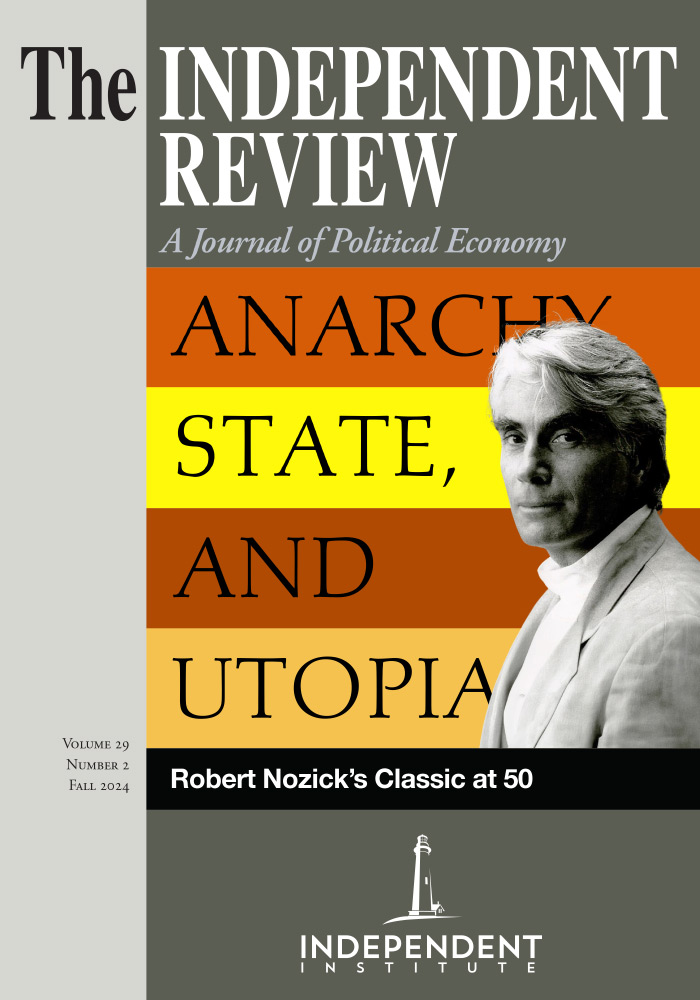Community-based Land Adjudication and Registration programs in Afghanistan and the Gacaca courts in postwar Rwanda protected property rights and provided effective dispute resolution when similar formal governmental mechanisms were failing. A model of human action that accounts for moral sentiments helps explain the relative success of these informal and customary governance institutions.
This full text of this article will be available on this page nine months after its initial print publication. To read it now, please buy this issue in print or downloadable eBook & PDF format, or in the Independent Review app on iOS or Android, or on Magzter which offers digital access on smartphones, tablets, and web browsers.
Colin O’Reilly is an associate professor of economics at Creighton University and the director of the Menard Family Center for Economic Inquiry.
| Other Independent Review articles by Colin O’Reilly | |
| Winter 2019/20 | Market Rules: Bankers, Presidents, and the Origins of the Great Recession |









